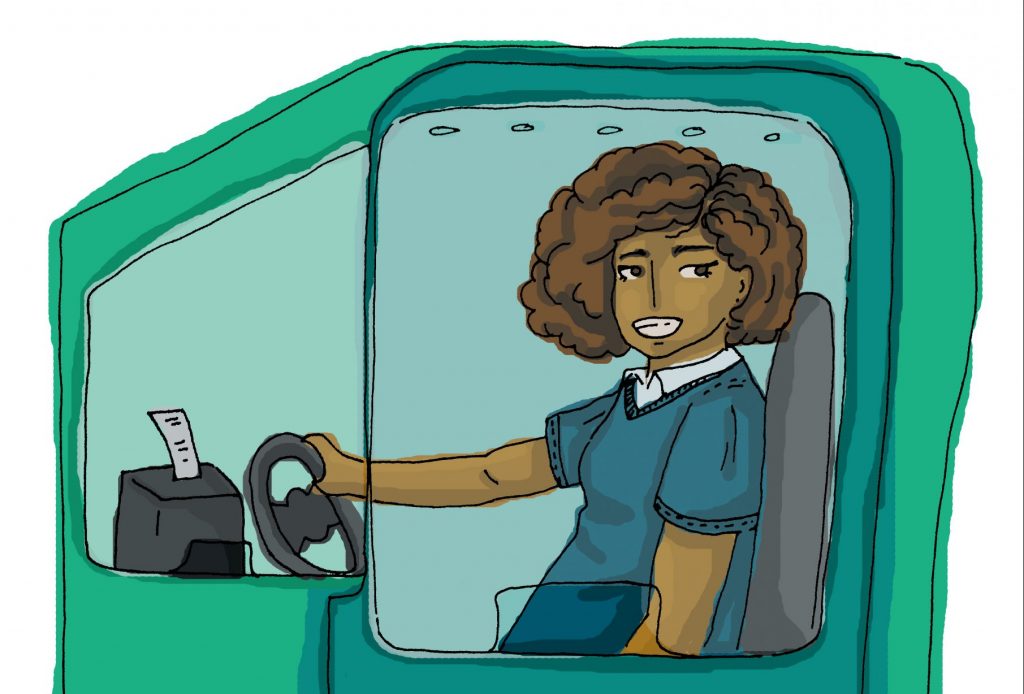Dynamic Pricing
ARC’s policy is to set ticket prices based on demand, like budget airlines, which means we set a price when the event goes on sale and then sometimes put the price up or down depending on how the show is selling. Usually, the price will increase as we get closer to the event, so it is advantageous to book in advance, although sometimes we will put special offers on and reduce the price. Our website will always show the current ticket price.

ARC’s theatre and dance performances are priced on a Pay What You Decide basis, which means you don’t have to pay until after you have seen a show!
We want to encourage more people to come and see shows at ARC, more often. Pay What You Decide not only allows you to pay what you can afford, rather than a fixed ticket price, but also removes the financial risk of buying a ticket for a show in advance without knowing whether you are going to enjoy it or not.
Tickets are available to book in advance as usual, but there is no obligation for you to pay until after you have seen the show. You can then decide on a price which you think is suitable based on your experience, which means if you haven’t enjoyed it at all, you don’t have to pay anything.
All money collected will help ARC pay the artists who have performed, and we therefore hope you will give generously.
Please ensure you have arrived and collected your tickets 15 minutes before the show starts in order to secure your seats. At the end of the show, you can decide what to pay, either by cash on the door or by card at the Box Office.
‘Working Class’. It’s a phrase that speaks volumes about a huge part of the Northern Experience, and it paints a slightly different picture depending on who you are talking to. Some from the Tees Valley area will think of older ideas of working class life, on the train lines and in the mines, looking back at their parents, grandparents, or even their own experiences growing up. But others may look at themselves and their friends working as essential worker’s in shops, stocking shelves, serving customers and cleaning.
ARC’S new exhibition considers the question: “What Does It Mean To Be Working Class?”
What are the struggles? What are the joys and points of pride? And why is it important? Lizzie Lovejoy, Artist of Change for ARC and the lead artist on this project, said:
“The experience of being working class is generationally different. I am interested in trying to represent the many sides and intricacies to it. The global pandemic has certainly brought light to the stark differences in life equality across the UK, with internet access becoming essential for education, working and connection to the world around us and yet so many homes are still without that necessity. My own working class background experiences are so different from so many of the people I have been to uni with and I am so grateful for my parents doing their best and working hard for me and my siblings.”
Lovejoy will be presenting visual works to represent the members of the Tees Valley area, presenting their words, stories and feelings in creative art work in order to celebrate them. They will also be joined by various artist from the Tees Valley area who will share some of their own work in answer to the question “What Does It Mean To Be Working Class?”
Join us online, and while you walk through the streets of Stockton, from August 3rd consider the many perspectives of this theme.
